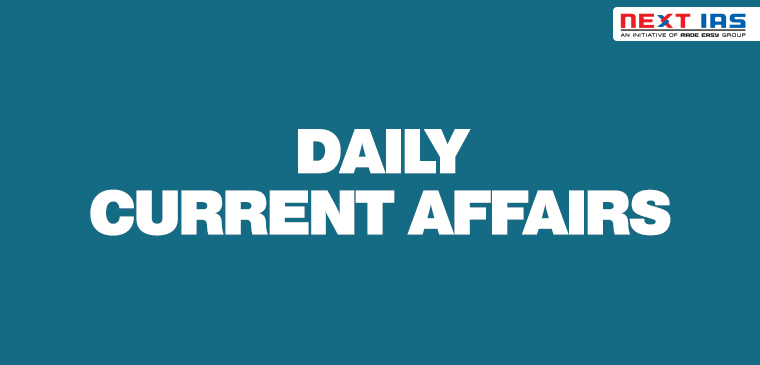
In News-
The Ministry of Electronics and Information Technology (MeitY) prepared a draft named National Strategy on Blockchain for the use of blockchain technology in government services .
- In January this year, NITI Aayog had also suggested the use of the distributed ledger technology for delivery of state-run services such as fertilizer subsidy disbursement and educational certificates among others.
Key Highlights –
- It intends to use it in the areas of property record keeping, digital certificates, power distribution, health records as well as supply chain management.
- It is also likely to explore the possibility to use the technology for vaccine and medical supplies ,logistics management for future purposes.
- Virtual and digital currencies such as bitcoin, however, have been kept out of the ambit of this framework.
- Issues :
- The draft has also cautioned about certain issues involved with the adoption of blockchain technology such as replication of data on all nodes, lack of appropriate skills and human resources in the country as well as the threat from rogue nation-state actors.
- Suggestions –
- Blockchain data is stored on every node on the network and hence privacy is not an inherent feature that Blockchain traditionally provides.
- The data should be stored in such a way that the privacy of an individual is not compromised and appropriate consent mechanisms should be adopted in line with data protection laws.
- It has suggested that blockchain could be set up in one of the four architectures, namely, public and permissionless, public but with permissions, private and permissionless, and private and with permissions.
- The draft framework has cautioned that legal rules and guidelines on how to use the technology and limit its abuse should be drawn up before proceeding further.
- Blockchain data is stored on every node on the network and hence privacy is not an inherent feature that Blockchain traditionally provides.
About Blockchain Technology:

- Blockchains are a new data structure that is secure, cryptography-based, and distributed across a network.
- Blockchain enables a shared ledger between the various parties involved in business transactions, which are going to act as a single source of truth.
- The technology supports cryptocurrencies such as Bitcoin and the transfer of any data or digital asset.
- Spearheaded by Bitcoin, blockchains achieve consensus among distributed nodes, allowing the transfer of digital goods without the need for centralized authorisation of transactions.

Objectives:
- Adoption of Blockchain technology in sectors such as health, finance, agriculture and various other sectors would aid the government in implementing various programmes and immutability to the assets.
- The applications of Blockchain in the Governance will help in enhancing transparency, traceability and trust in e-governance systems.
Previous article
Facts in News
Next article
Lethal Guinea Pig Test Scrapped


